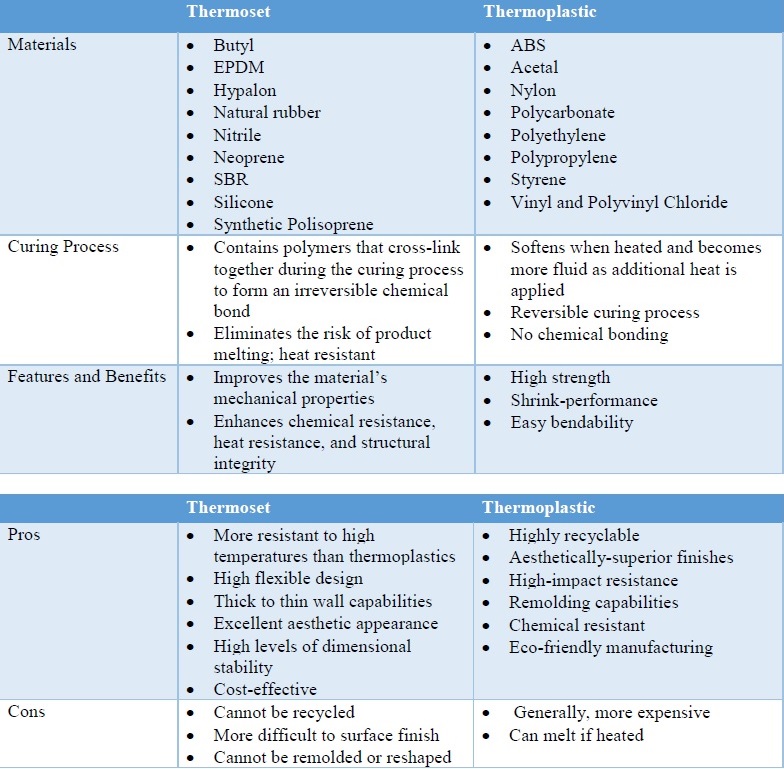Polyurethane is a common material used in everyday tools at home, in our offices and cars, for sport and leisure activities and on holiday. Polyurethanes continue to be among the most versatile in use. Its application is developed and used to create all manners of consumer and industrial products.
Polyurethane is a plastic material, which plays an important role in making our lives more convenient and environmentally friendly. It can be made-to-order to be either durable or flexible, and is the material of choice for a variety of applications:
• Insulation of refrigerators and freezers
• Building insulation
• Cushioning for furniture
• Mattresses
• Car parts
• Coatings
• Adhesives
• Rollers and tires
• Composite wood panels
• Shoe soles
• Sportswear
What are its Applications?
Polyurethanes are found just about everywhere. It is used in one way or another in the chair you are sitting on, the bed you sleep in, the car you drive, and the shoes you wear.
Most common polyurethane applications include:
• Apparel (spandex fibers, man-made skins and leathers, sports clothes and accessories)
• Appliances (refrigerator and freezer)
• Automotive (car seats, bumpers, interior headline ceiling sections, car body and doors)
• Building and Construction (housing floors, carpet cushioning)
• Electronics (underwater cables, printed circuit boards)
• Flooring (foam underlay or top as a coating)
• Furnishings (bedding and carpet underlay)
• Medical (catheter, general purpose tubing, hospital bedding, surgical drapes, wound dressings)
• Packaging (polyurethane packaging foam)
Why Choose Polyurethane Sealants?
Aside from polyurethane sealant’s diverse applications, they are also sustainable materials that add comfort and protection to our everyday lives.
• Sustainability. Polyurethane sealants reduce the need for energy and preserves natural resources. It can also be recycled using mechanical, chemical and feedstock methods.
• Comfort. Polyurethanes make our lives more comfortable. Its materials provide relaxation by foams in furniture and bedding to the insulation that regulates temperatures inside automobiles and buildings.
• Versatility. Polyurethane has an extensive range of existing applications (as listed above). Its enormous adaptability, availability and affordability makes it a material of choice for many manufacturers.
• Protection. Polyurethane has a list of protective properties. In refrigerators, it reduces the need for additional energy with its efficient insulation. With automobiles, it provides cushioning to protect drives and passengers in case of collision.
What are the Advantages?
• Wide range of Hardness. Can be manufactured from 20 SHORE A to 85 SHORE D.
• High Load Bearing Capacity. May undergo change in shape with a heavy load but return to its original shape once the load is removed.
• Flexibility. Performs well in high flex fatigue applications, very good elongation and recovery properties.
• Abrasion and Impact Resistance. Ideal solution even at low temperatures.
• Tear Resistance. Possesses high tear resistance along with high tensile properties.
• Resistance to Water, Oil and Grease. Remain stable with minimal swelling in water, oil or grease.
• Electrical Properties. Exhibits good electrical insulating properties.
• Strong Bonding Properties. Bond to a wide variety of materials during the manufacturing process.
• Performance in Harsh Environments. Resistant to temperatures extremes.
• Mold, Mildew and Fungus Resistance. Do not support fungal, mold or mildew growth.
• Color Ranges. Varying color pigments can be added to polyurethane in the manufacturing process.
Partner with Real Seal
Polyurethane plastics are versatile, economical and sustainable across many industries relying heavily on the use of them. To help you best identify the materials to source for your business, contact Real Seal to create a customized solution and value for your needs.
Real Seal manufactures and distributes seal products and mechanical components with a strong focus on performance oriented rubber and plastic materials. We are a full-service supplier of sealing and mechanical components, operating in hundreds of industries both nationally and internationally.








